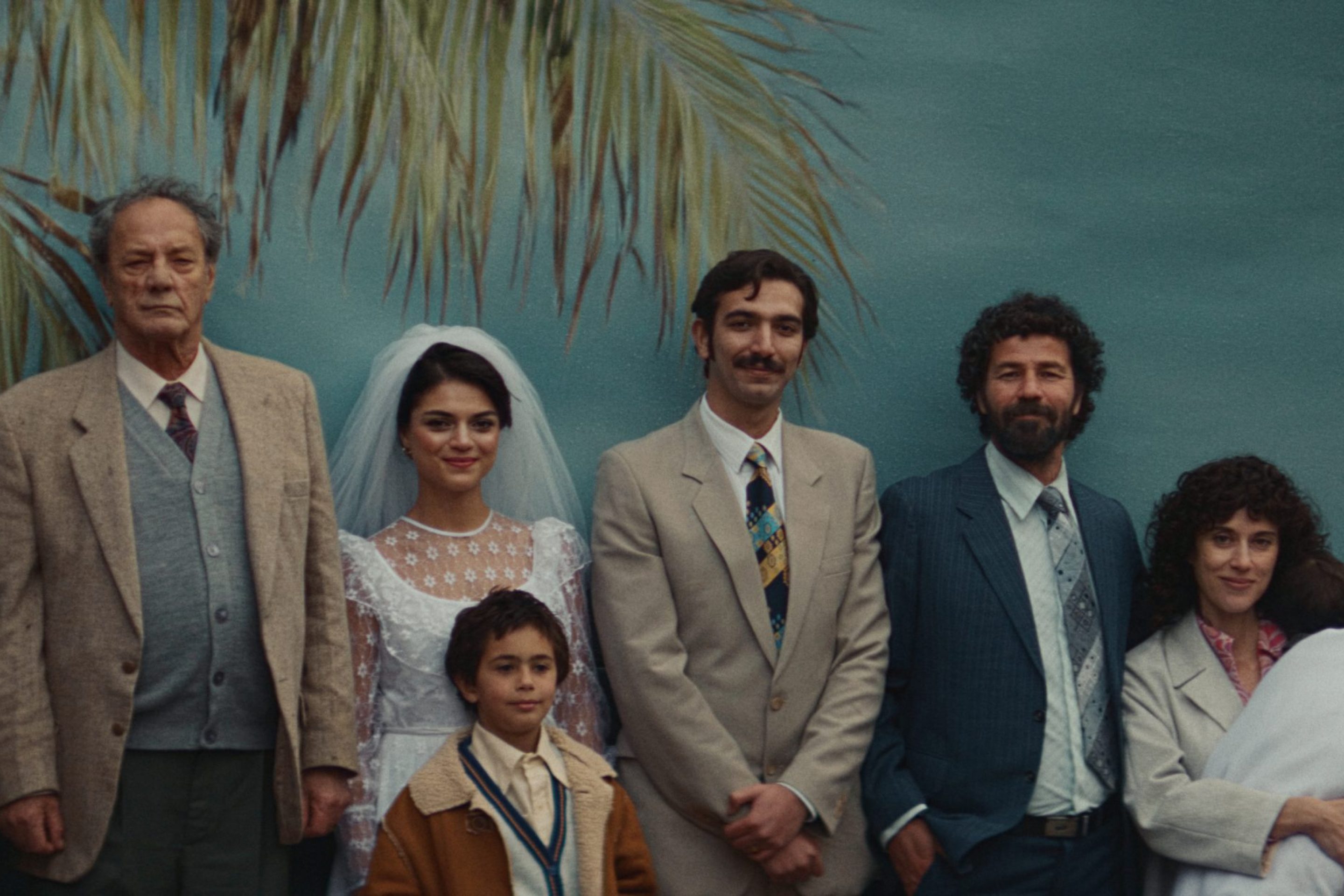As the NFL's loudest, goofiest, and by far richest general manager, Dallas Cowboys owner Jerry Jones is always positioned for the camera, any camera. His singular and long-running M.O.—the tough-talking soft touch in contract negotiations—has always been a comedic staple. It allows him to be a hawk and a kitten on player deals simultaneously.
As a result, his circumnavigations regarding super-de-duperstar defensive end Micah Parsons are made more interesting by the way that Jones gave in most recently, which was on Dak Prescott's $240 million deal, which guaranteed $231 million in salary, a year ago. On the one hand, Parsons not yet having a contract is not yet officially a pressing matter; Dallas' first loss of the season, at Philadelphia in the first game of the season, is still six weeks away. On the other, Jones sounds like he is taking the NFL's not-so-secret aggression against guaranteed money to spleen, if not necessarily to heart.
Parsons wants a new contract because his old one expires at season's end. He wants a hunk of guaranteed money from that contract for the same reason anyone wants to get paid what they’re promised, and also because he is the Cowboys' most effective, impactful, and menacing player. Jones is playing his version of wiffle-hardball, as he generally does, as a prelude to rolling over, which he also generally does. But this feels oddly different, like one of the two angels on Jerry’s shoulders is whispering to him, "Remember, we're supposed to hate giving them guaranteed money."
And because Parsons isn't a quarterback, whereas Prescott is, Jones is making a clear distinction between the two deals. It’s one that suggests that he has both buyer's remorse on the previous deal and a sense that the next one could complicate his rep among other owners as being a problem on the guarantee thing.
"Contracts are four, five years, OK? There's a lot of water under the bridge if you step out there and do something in the first two or three," Jones said Monday. "You can get hit by a car, seriously. So there's a lot to look at over a lot of years that could make a big difference. Have you ever heard of any clubs committing to players and then they didn't pan out after they committed to them?” He continued:
“We have.
"I remember signing a player for the highest-paid position in the league and he got knocked out two-thirds of the year. Dak Prescott. So there's a lot of things you can think about, just as the player does, when you're thinking about committing and guaranteeing money."
Prescott missed the last nine games of the year with a hamstring tear, which might inspire a bit of buyer’s remorse in anyone. But the confusing stuff here is deeply so, in that Jones said back in March that he agreed with Parsons on the length, overall, and guaranteed money of a new contract. Only neither Jerry nor his less voluble scion Stephen have spoken with Parsons' agent David Mulugheta on the matter since. Thus, whatever agreement they may have had remains conceptual, in the sense of barely existing at all, while Parsons' contemporaries—Pittsburgh's T.J. Watt (three years, $123M, $108M guaranteed), Las Vegas' Maxx Crosby (three years, $106M, $91M guaranteed) and Cleveland's Myles Garrett (four years, $160M, $123.5M guaranteed)—all got theirs. They set a market in the process, which means this is all less abstract than it might have seemed back in March.
And Jones' logic? "Just because we sign him doesn't mean we're gonna have him. He was hurt six games last year. Seriously."
Well, not so seriously. Parsons played 13 of 17 games, and people who cannot subtract four from 17 probably shouldn't be allowed around contracts at all.
Wondering how worrisome whatever Jerry is talking about at any given moment should be for Cowboy fans is an occupational hazard; Jones is far more famous for his skills as an untethered gasbag than as a football man. His need for another championship to go with the one Jimmy Johnson got him a mere 30 years ago has always been the ace in his hand when dealing with players he believes he needs, but a deal isn't a deal until it's a deal, and deals don't get done without agents. Jones' inability to punch 10 numbers into a telephone—not unlike that 17-13 conundrum, if you think about it—suggests a reluctance that could be about making Parsons pay for Prescott's leg. Or it could be Jones deciding that Parsons is no Watt, Crosby, or Garrett. Or it could be Jones deciding that as an owner he is no Art Rooney, Mark Davis, or Jimmy Haslam.
Or we could take his quote, “I am not the least concerned about having any dangling participles out here on a contract," and decide that this is just more late-game playacting from the man who didn't get Prescott's extension finished until Sept. 8 last year. If he is still the same desperate-to-be-revered-as-a-football-mind loonball at age 82 that he was at 81, Jones will at some point finally find the time to call Mulugheta and work out the deal that Parsons has earned; that deal will certainly look a lot like Watt's, Crosby's, or Garrett's. If Jones wants to be known now as an obstinate skinflint like Cincinnati's Mike Brown or Tennessee's Amy Adams Strunk, well, that's a play too.
But, and maybe most important of all, this public backing and forthing has gotten Jones two more days of notice, and some more attention for a team that has been hiding in plain view for three decades. And that has always been the thing that Jones is actually best at being and doing.






